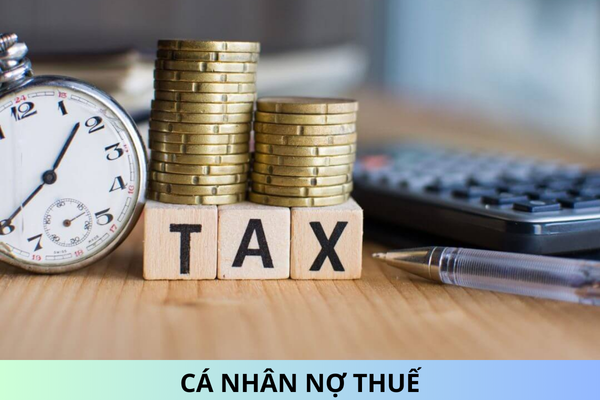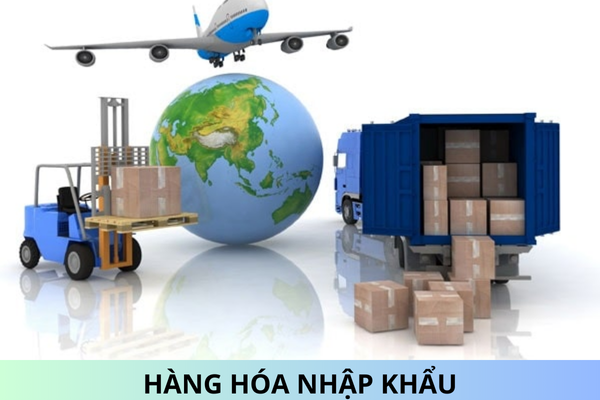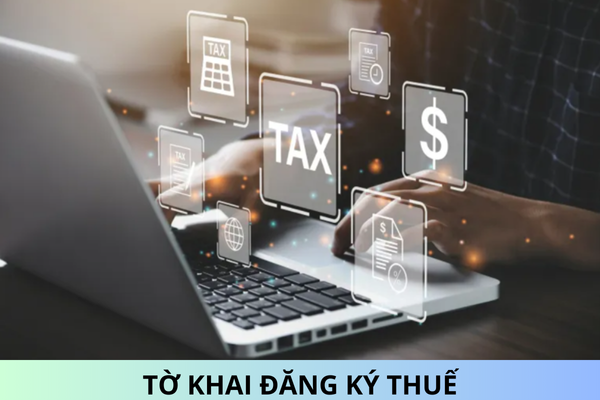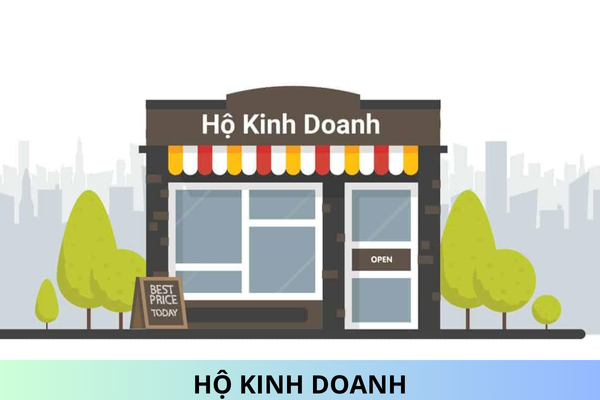Which entities in Vietnam are exempt from value-added tax from July 1, 2025?
Which entities in Vietnam are exempt from value-added tax from July 1, 2025?
According to Article 5 of the Value-Added Tax Law 2024, the entities exempt from value-added tax include:
[1] Products of cultivating, planted forests, livestock, aquaculture, fishing that have not been processed into other products or have only undergone ordinary preliminary processing by organizations or individuals for self-production, direct sale, and at importation stages.
[2] Breeding animals' products as regulated by animal husbandry law and plant breeding materials according to cultivation law.
[3] Animal feed in compliance with animal husbandry law; aquatic feed as per fisheries law.
[4] Salt products produced from seawater, natural salt mines, refined salt, iodized salt where the main component is Sodium chloride (NaCl).
[5] Public properties housing sold by the state to current tenants.
[6] Irrigation, drainage; plowing, harrowing; dredging of inland canals serving agricultural production; agricultural product harvesting services.
[7] Transfer of land use rights.
[8] Life insurance, health insurance, education insurance, and other human-related insurance services.
Livestock insurance, crop insurance, and other agricultural insurance services.
Insurance for ships, boats, equipment, and other necessary tools directly serving fisheries; reinsurance.
Insurance of oil and gas works, equipment, oil storage vessels bearing foreign nationality, hired by foreign contractors or sub-contractors for operations in Vietnamese sea zones, overlapping sea areas under jointly agreed exploitation policies by Vietnam and neighboring coastal states.
[9] The following financial, banking, securities, and commerce services:
- Credit granting services as defined by credit institution laws and fees specified in the loan agreement between the Government of Vietnam and foreign lenders.
- Lending services by taxpayers not credit institutions.
- Securities trading including brokerage, proprietary trading, underwriting, investment consulting, fund management, and portfolio management as provided by securities law.
- Capital transfer including partial or full transfer of invested capital in economic organizations (whether forming new entities or not), securities transfer, capital contribution rights transfer, and other capital transfer forms per legal provisions, including business sales transferring all rights and obligations to the purchasing enterprise according to legal regulations. This does not include project transfer or asset sales.
- Debt trading involving sale of receivables and payables.
- Foreign currency trading.
- Derivatives products under laws on credit institutions, securities, and commerce, including interest rate swaps, forward contracts, futures, options, and other derivatives.
- Sale of secured assets of debt by a fully state-owned institution established by the Government of Vietnam to handle bad debts from Vietnamese credit institutions.
[10] The following medical services and veterinary services:
- Health services including medical examination, treatment, prevention for people, birth control services, health care, rehabilitation; elderly, disabled care; patient transport, leasing beds, rooms at medical facilities; laboratory, imaging services; human blood and blood products.
- Elderly, disabled care services including medical, nutritional care, cultural, sports, recreational, physiotherapy, rehabilitation activities for the elderly and disabled.
Note: In packaged health treatment defined by the Ministry of Health, if pharmaceuticals are included, the revenue from such drugs is also exempt from value-added tax.
- Veterinary services including examination, treatment, prevention for animals.
[11] Funeral services.
[12] Maintenance, repair, construction activities funded by community contributions or humanitarian aid (accounting for 50% or more of total project capital) for historical-cultural sites, scenic spots, cultural, art, public service works, infrastructure, and housing for social policy subjects.
[13] Educational and vocational training activities per education and vocational education laws.
[14] Broadcasting by state budget funding.
[15] Publishing, importing, distributing newspapers, journals, newsletters, special issues, political books, textbooks, curricular materials, legal documents, scientific-technical books, foreign information service books, books printed in ethnic minority scripts, propaganda posters, including audio or video tape, electronic data; currency, printed money.
[16] Public passenger transport by bus, tram, or inland waterway.
[17] Machinery, equipment, accessories, materials not domestically produced, necessary for importing for direct use in scientific research, technology development; machinery, replacement parts, specialized vehicles, and materials not locally produced needed for oil and gas exploration, development; airplanes, helicopters, gliders, rigs, ships not locally produced, imported to create fixed assets of businesses or rented from abroad for production, operation, leasing.
[18] National defense products per lists issued by the Minister of Defense, Minister of Public Security; imported products, services for defense industry per lists issued by the Prime Minister of the Government of Vietnam.
[19] Imported goods in cases of humanitarian aid, non-refundable aid. Goods, services sold to foreign organizations, individuals, international organizations for humanitarian aid to Vietnam.
[20] Goods in transit, through Vietnam; goods temporarily imported for re-export; goods temporarily exported for re-import; imported materials for producing, processing export goods according to production, processing contracts with foreign parties; goods, services traded between foreign countries with duty-free zones, and among duty-free zones.
Imported goods from abroad by leasing companies directly transported into duty-free zones for financial leasing to businesses within these zones.
[21] Technology transfers per the Technology Transfer Law; intellectual property rights transfer per the Intellectual Property Law; software products and services per legal standards.
[22] Gold bars, ingots not processed into jewelry, or other products at importation.
[23] Exported products are unprocessed or minimally processed natural resources or minerals according to the Government of Vietnam's list aligning with state policies on discouraging raw resource, mineral exports.
[24] Artificial products replacing human body parts, including long-term implants; crutches, wheelchairs, and specialized tools for the disabled.
[25] Goods, services of individual producers, businesses with annual revenue from 200 million VND or less; assets of non-business organizations, individuals not under value-added tax; national reserve items sold by state reserve agencies; fees, charges per fee law.
[26] Imported goods in cases such as:
- Gifts to government entities, political, socio-political organizations, socio-professional political organizations, social, professional social organizations, armed forces within duty-free import limits as per export-import tax laws.
- Gifts, donations within duty-free limits as defined by export-import tax laws from foreign organizations, individuals to Vietnamese individuals; foreign used items entitled to diplomatic exemption and moving assets within tax exemptions per export-import law.
- Goods within duty-free luggage allowance as per export-import laws.
- Goods for contribution, sponsorship for disaster, epidemic, war prevention, recovery as per Government of Vietnam regulations.
- Goods traded across borders for production, consumption by border residents per legal listings and within duty-free limits as per export-import tax regulations.
- Antiques, relics, national treasures under cultural heritage definitions by competent state bodies for import.

Which entities in Vietnam are exempt from value-added tax from July 1, 2025? (Image from the Internet)
What is the point of time for determining value-added tax for goods in Vietnam?
According to Article 8 of the Value-Added Tax Law 2024, the time to determine value-added tax is stipulated as:
Article 8. Time to Determine Value-Added Tax
- The time to determine value-added tax is prescribed as follows:
a) For goods, it is the time of transfer of ownership or use rights to the buyer or invoice issuance, regardless of payment collection;
b) For services, it's the completion of service provision or invoice issuance, irrespective of payment collection.
[...]
Thus, the time to determine value-added tax for goods is when ownership or use rights are transferred to the buyer or at invoice issuance, regardless of whether payment has been collected.
However, the time to determine value-added tax for export or import goods is as determined by the Government of Vietnam.
What is the value-added tax rate on clean water for production and living in Vietnam?
According to Clause 2, Article 9 of the Value-Added Tax Law 2024, the tax rate is regulated as:
Article 9. Tax Rate
[...]
- A 5% tax rate applies to the following goods and services:
a) Clean water for production and living, excluding bottled, jarred drinking water, and other beverages;
b) Fertilizers, ores for fertilizer production, plant protection products, and growth stimulants for livestock under legal regulations;
c) Services of digging, dredging channels, ponds, lakes for agricultural production; planting, taking care of, pest control for crops; initial processing, preservation of agricultural products;
[...]
According to these regulations, clean water for production and living, not including bottled, jarred water, and other beverages, is subject to a value-added tax rate of 5%.










